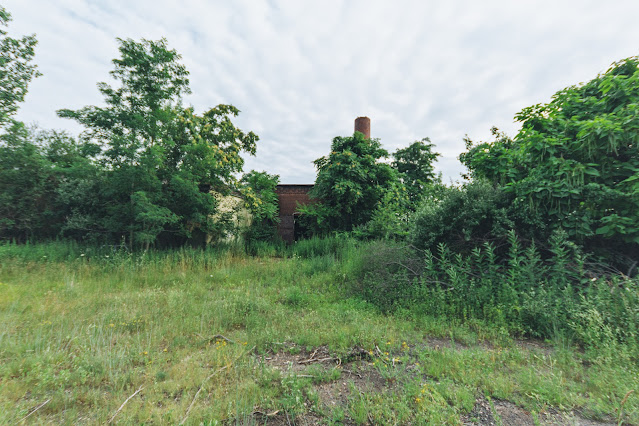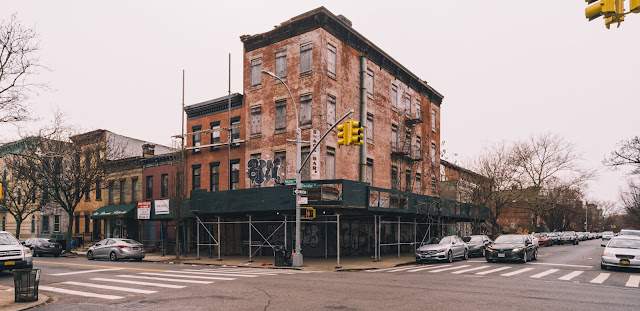Connecticut Fat Rendering and Fertilizing Corporation

Connecticut Fat Rendering and Fertilizing Corporation was created in the 1900s to establish a cooperative where local butchers and meat market men would reduce the cost and dispose of unwanted animal byproducts during the processing of animals for human consumption. Starting with an initial capital of $50,000 and 2000 shares divided among the businessmen of the meat processing industry. This led to the funding and erection of the building which finally began operation in September 1903. Jacob W. Everett was the president of the company. The plant was primarily used for fat rendering creating byproducts such as glue, tallow, poultry feed, and fertilizer. Fat rendering recovers fats and proteins from otherwise discarded animal byproducts. Tallow is made up of the rendered suet of animal fat cooked down from the animal waste products such as the bones, head, feet, and organs. Poultry feed is made when the blood, feathers, soft meat, dead-on-arrival carcasses, and deboning tissue are ri
